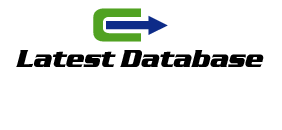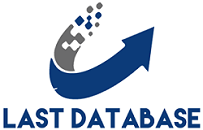Fake Leads:
Creating or purchasing leads that do not represent genuine interest or potential customers.
Using automated scripts or bots to generate fake form submissions.
Misrepresentation:
Providing false or misleading information about products, services, or incentives to lure leads.
Using deceptive tactics in advertisements or marketing campaigns.
Identity Theft:
Stealing personal information through lead generation forms for fraudulent purposes.
Using stolen identities to create fake leads or apply for products/services.
Unauthorized Data Use:
Collecting and using personal Phone Number Lists
data without consent or in violation of privacy regulations.
Selling or transferring lead data to unauthorized third parties without permission.
Impact of Lead Generation Fraud
Financial Loss:
Wasting resources on fake leads that do not convert into customers.
Paying for fraudulent leads or advertising that does not deliver genuine prospects.
Reputation Damage:
Negative impact on brand reputation due to association with deceptive practices.
Loss of trust from customers, partners, and stakeholders.
Legal and Regulatory Issues:
Violation of consumer protection laws, privacy regulations, or advertising standards.
Potential legal consequences, fines, or penalties for engaging in fraudulent activities.
Preventing Lead Generation Fraud
Verification Processes:
Implementing robust verification systems to authenticate leads and prevent fake submissions.
Using CAPTCHA, double opt-in processes, or manual verification for high-value leads.
Transparency and Ethics:

Clearly communicating terms, conditions, and privacy policies to leads.
Avoiding misleading or deceptive marketing practices.
Data Security Measures:
Encrypting and securing sensitive lead data to prevent unauthorized access or data breaches.
Complying with data protection regulations (e.g., GDPR, CCPA) when handling personal information.
Monitoring and Reporting:
Regularly monitoring lead generation activities for suspicious patterns or anomalies.
Encouraging reporting of fraudulent activities internally and by customers.
Conclusion
Lead generation fraud poses significant risks to businesses, including financial loss, reputation damage, and legal consequences. By implementing stringent verification processes, maintaining ethical marketing practices, and prioritizing data security, businesses can mitigate the risks associated with lead generation fraud and uphold trust with genuine prospects and customers.


